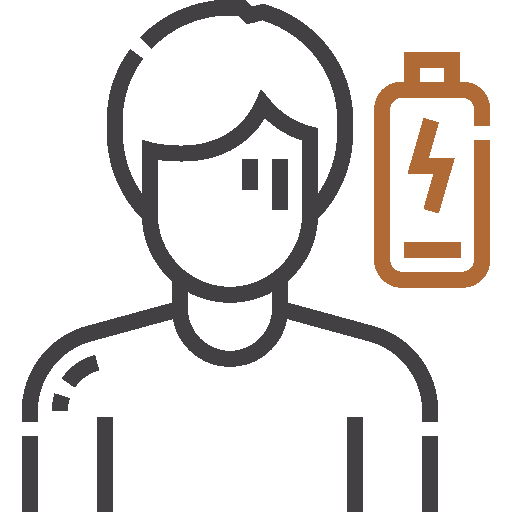Benzodiazepines are a type of prescription medication often used to manage anxiety, sleep disorders, and certain medical conditions. While they can be helpful when taken as directed, their high risk for dependence has raised serious concerns about long-term health and safety.
Each year, an estimated 1.4 million Americans misuse benzodiazepines, showing just how important it is to understand the risks and find the right support.
If you or someone close to you is struggling with benzodiazepine use, professional help is available. Outpatient programs and at-home care options can guide you toward recovery while allowing you to maintain your daily routine.







